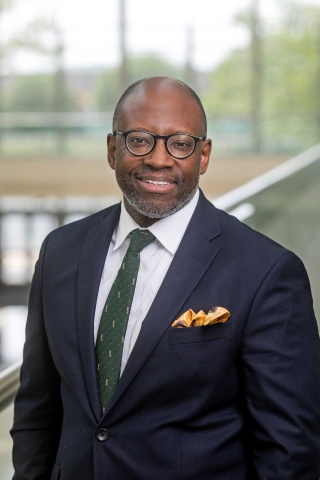With only a few weeks to election day, racial politics has reared its pathetic head as pundits attempt to decipher poll numbers and audience comments at political rallies. It seems silly to imagine that adults in America may vote along racial lines, but it should come as no surprise. Many people on the ideological margins of society vote irrationally. In fact, voting along racial lines says less about racism than it does about the lack of mature civic responsibility among voters who are indifferent to the nation’s common good.
While using race as an ultimate criterion for supporting or rejecting a candidate is equally unjustifiable and shallow, the possibility of doing exactly that is one of the trade-offs of being free. Positively, freedom permits us to choose a candidate according to important issues such as his or her positions on abortion, the role of government in meeting the needs of the poor, foreign policy, and education. I am happy to live in a country with this type of liberty rather than a regime where I have no role in choosing leaders to represent me.
When I hear African Americans, Latinos, and Asians lament, “It’s 2008 and racism still exists in America,” I want to shout, “What fairy tale were you reading that said racism would ever cease?” One of the historic tenets of Judeo-Christian thought, along with that of many other religions, is that evil exists in the world. As long as people lack the moral formation to escape it, there will always be racism.
What is most alarming about the media’s recent displays of racial politics is that many American voters do not have the civic virtue to put their personal racial views aside for the sake of what is best for the nation. Race does not determine a person’s position on issues. Do Maxine Waters and Condoleezza Rice think alike simply because they are both black women? Shallow voting is the art of the imperceptive.
In light of the gargantuan issues facing the nation — the conflicts in the Middle East, the nationalization of American banking; transitions in our use of energy; new international partnerships among socialist regimes in Europe, Latin America, and Asia; and the multi-layered issues in Africa — we should be embarrassed as a nation for the world to see people downgrade the presidential election to gene preferences.
What Americans must embrace is their responsibility as virtuous citizens concerned about the common good. This means that we put non-essential issues like race aside to choose a candidate with the character and competence necessary to offer leadership on the pressing issues of our times.
For example, which candidate has the wisdom to understand that championing economic liberty in the market has historically proven to be the best way to create wealth and lift people out of poverty? Which candidate champions justice embedded in a rule of law that keeps corruption, power, and greed in check?
Which candidate has the humility to know that neither he, nor any other small group of central planners, has enough knowledge or expertise to use government to manage the lives of 300 million people? Which candidate has the courage to fight for human life? Which candidate has the personal integrity to encourage trust and cooperation? In light of these critical questions, who cares about the candidate’s race?
The term Bradley effect (after 1980s California gubernatorial candidate Tom Bradley) describes the phenomenon whereby white voters actually cast ballots for white instead of black candidates in greater numbers than earlier polls indicate. As we approach November, questions surrounding a potential Bradley effect pale in comparison to the possibility that many people will vote according to irrational criteria in general. We could call this the potential “foolishness effect.”
May truth and reason prevail in the coming weeks, so that both campaigns and the media will keep in front of voters the candidates’ principles and policies — rather than talking points befitting high school yearbook senior superlatives.











